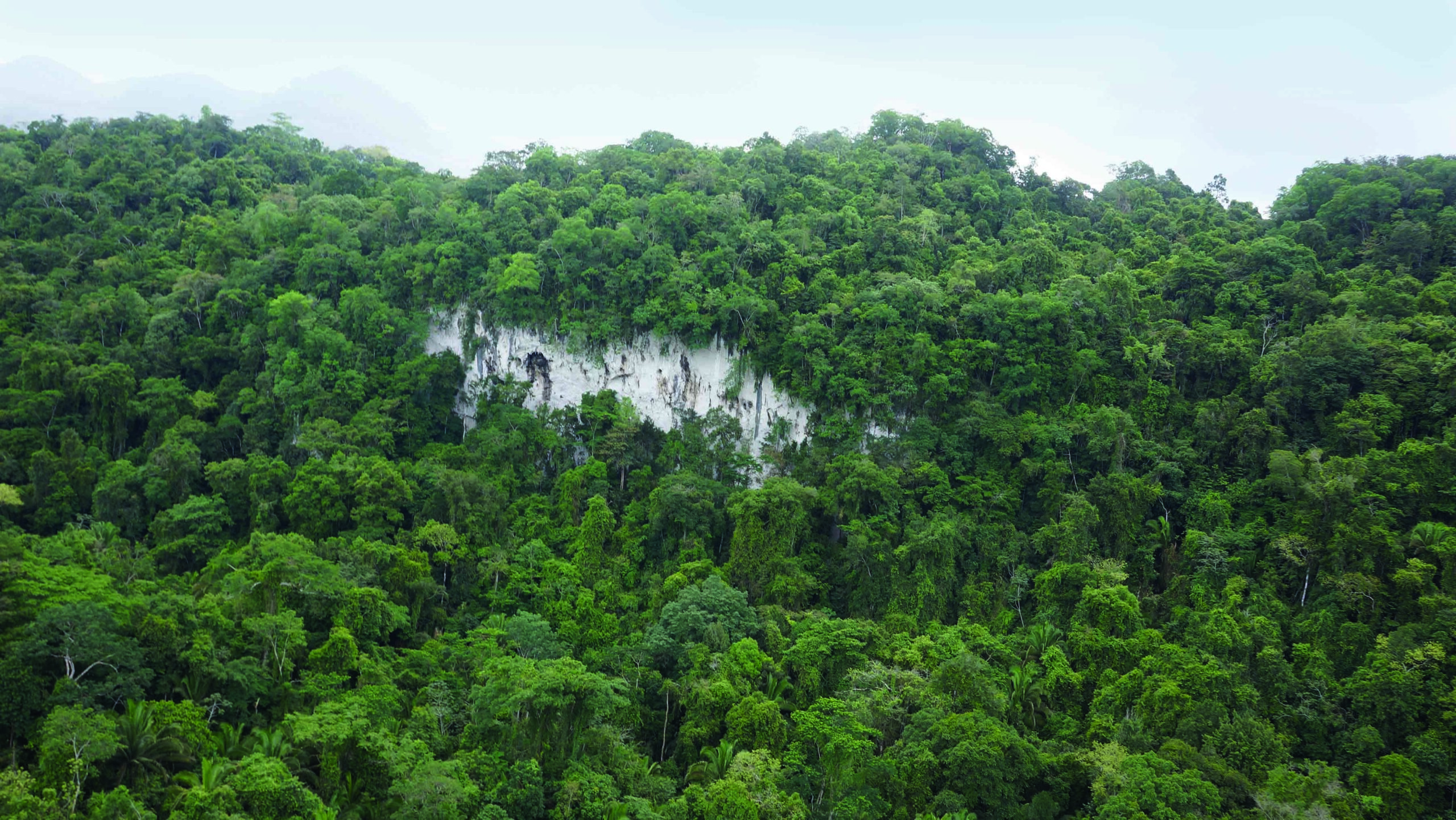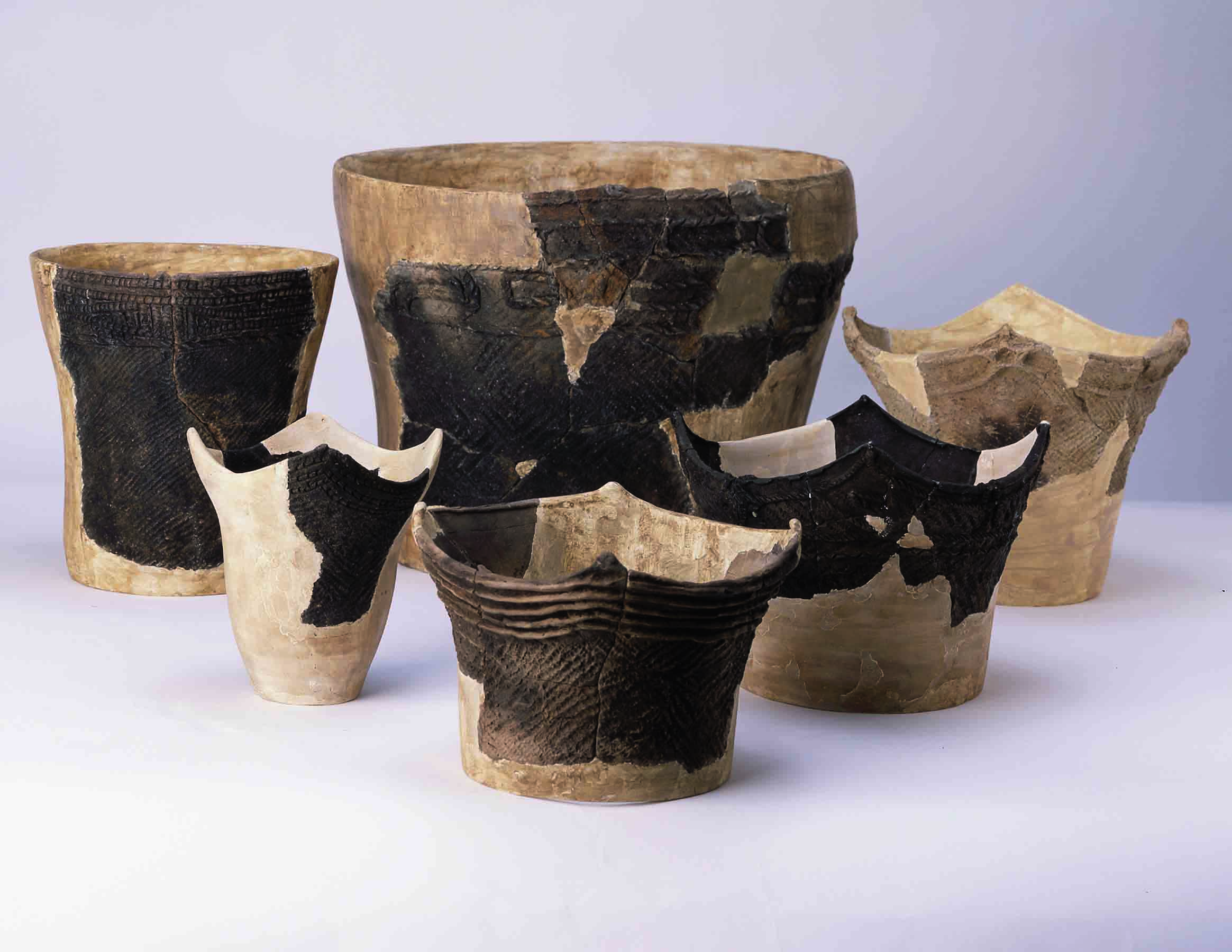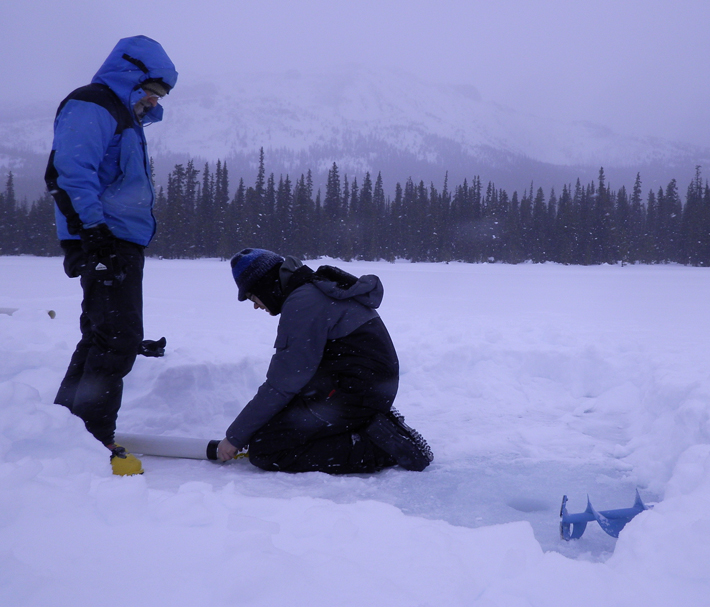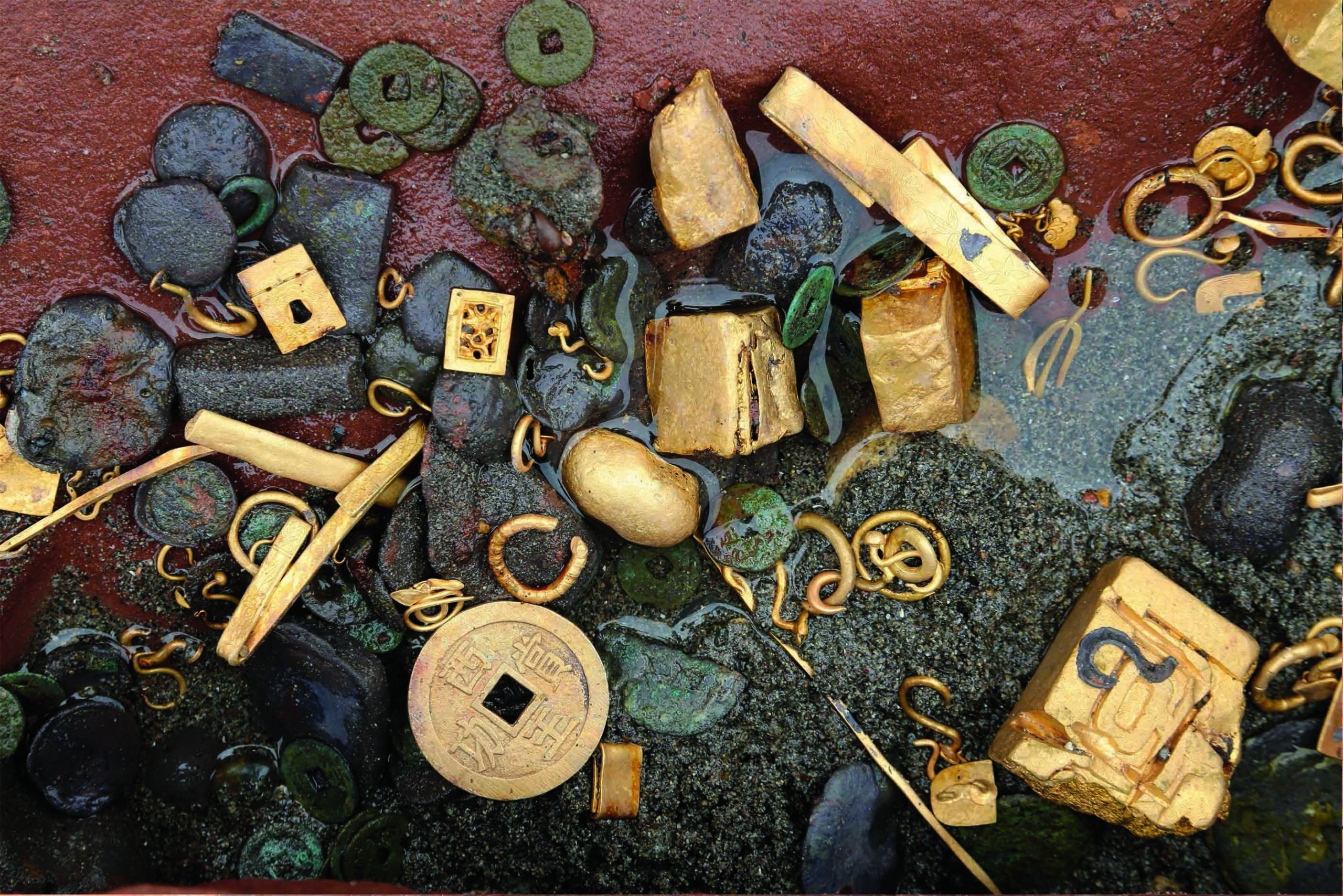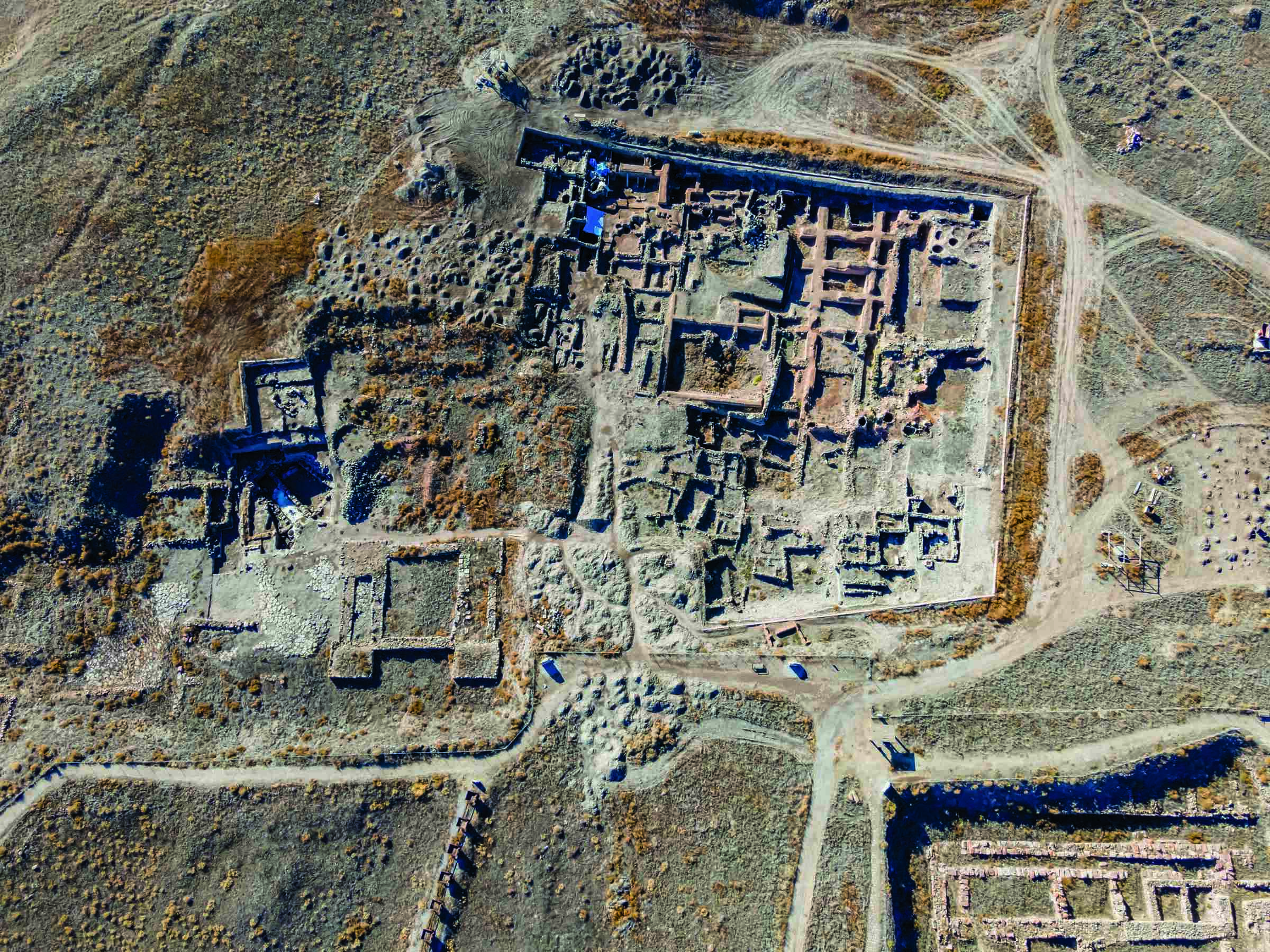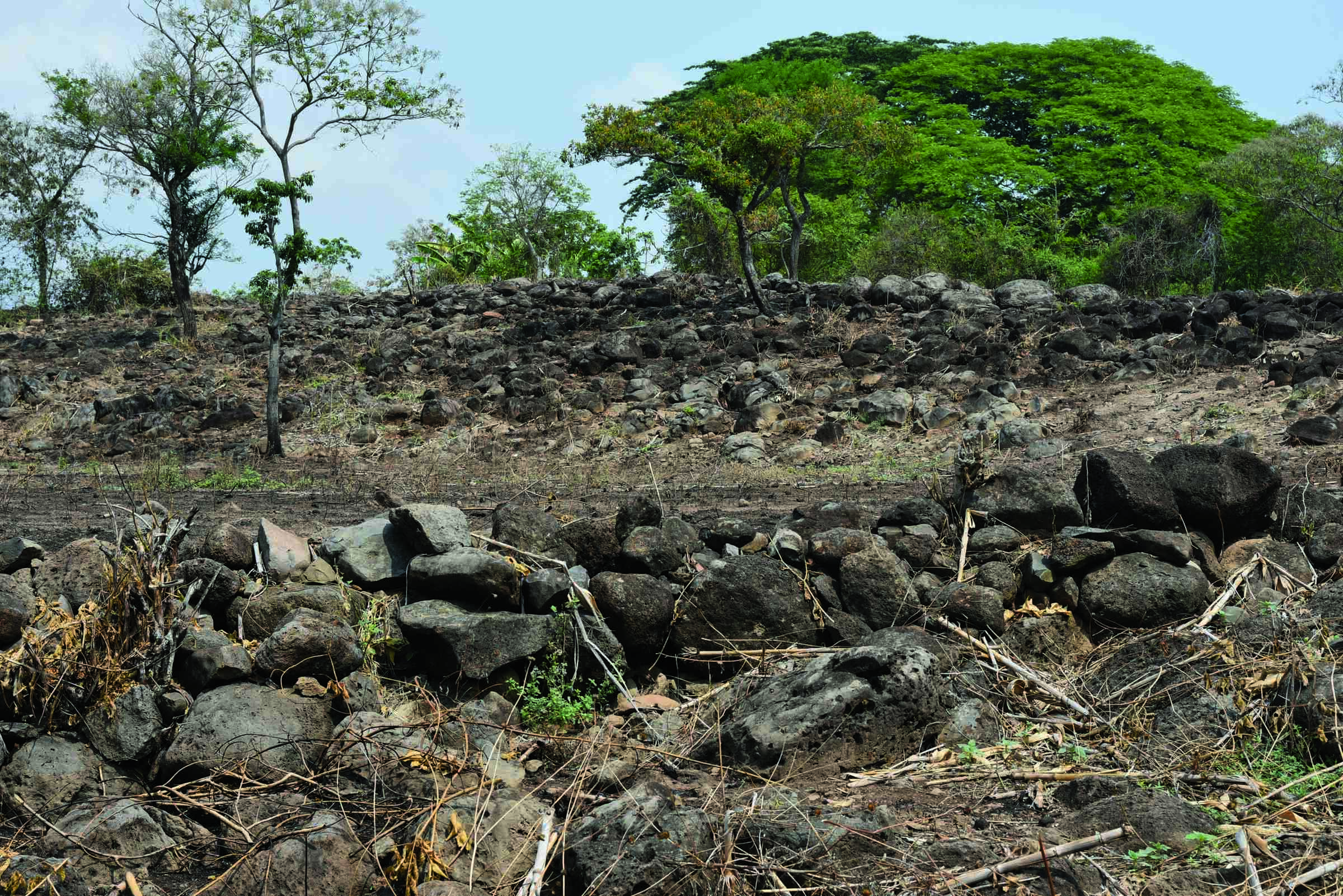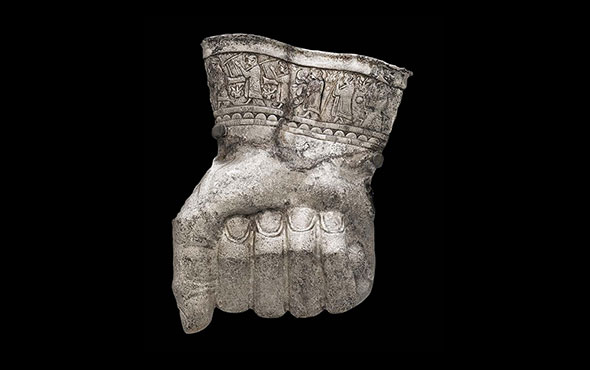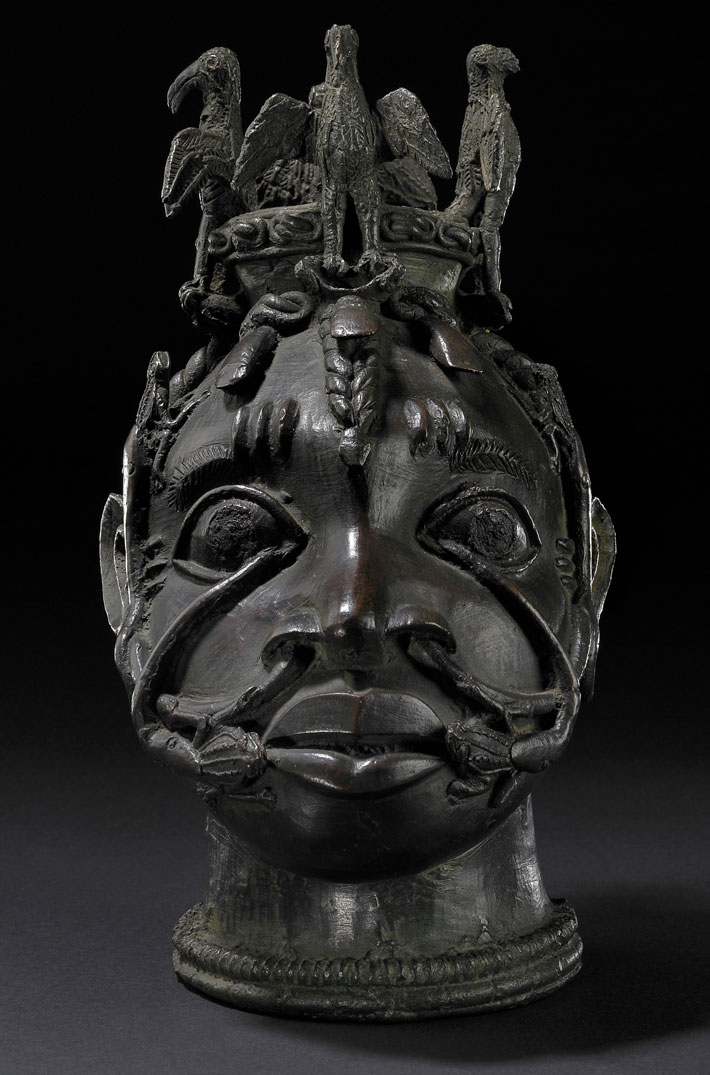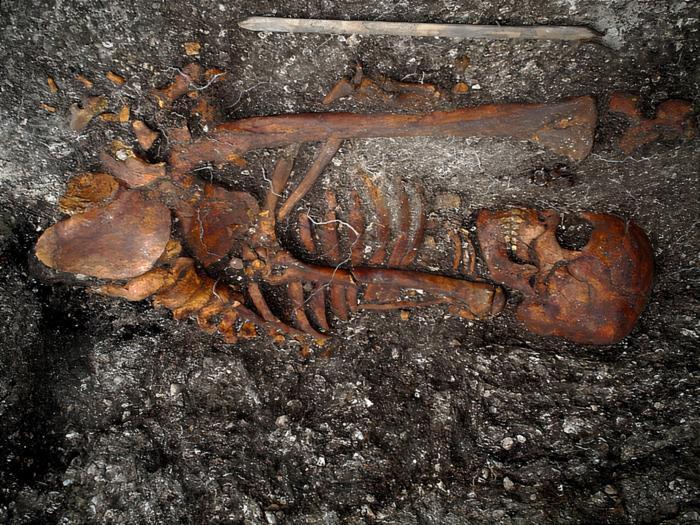
BASEL, SWITZERLAND—Concave lesions caused by Treponema pallidum, the bacterium that causes the diseases of syphilis, bejel, and yaws, has been found in 2,000-year-old human remains unearthed at Jabuticabeira II, an archaeological site on Brazil’s southern coastline, according to a statement released by the University of Basel. Verena Schünemann and her colleagues at the University of Zurich, ETH Zurich, the University of Vienna, and the University of Sao Paulo analyzed genetic material obtained from these bone samples and determined that the pathogen was most closely related to the modern subspecies of Treponema pallidum that causes the symptoms of bejel, which is spread by skin contact. The study also suggests that Treponema pallidum first evolved to infect humans some 12,000 years ago, and may have been brought to the Americas by migrants from Asia, Schünemann said. However, the strain of bacteria identified in the study is not an ancestor of the strain that causes modern venereal syphilis, and does not shed light on the origins of Europe’s fifteenth-century epidemic of venereal disease. “As we have not found any sexually transmitted syphilis in South America, the theory that Columbus brought syphilis to Europe seems to appear more improbable,” Schünemann concluded. Read the original scholarly article about this research in Nature. To read about a case of syphilis identified in medieval remains in Europe, go to "World Roundup: Austria."


